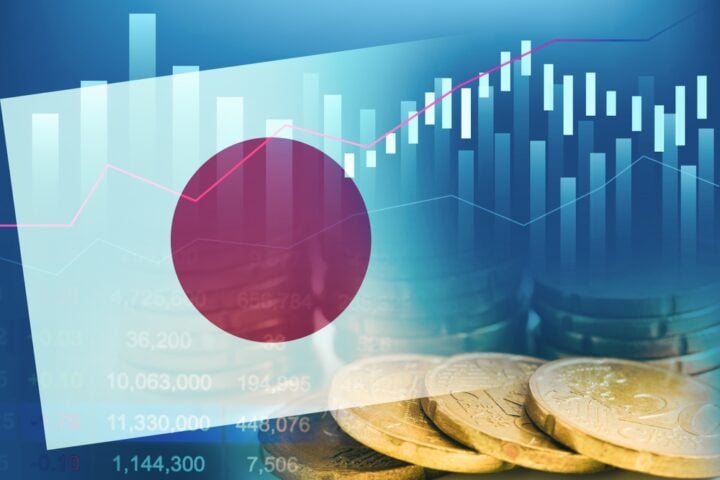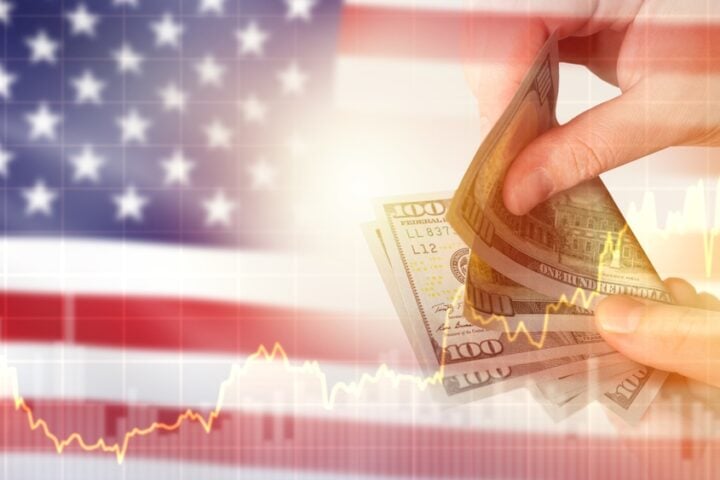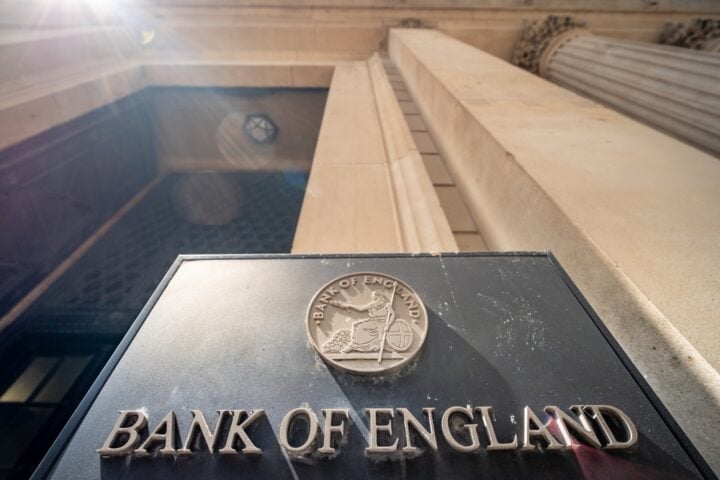Citigroup’s Chief Economist Nathan Sheets has warned that the U.S. faces a 40% to 45% chance of recession as the economy grapples with the fallout from tariffs imposed by President Donald Trump on China and other trading partners. Speaking on Tuesday, Sheets highlighted that the sweeping tariffs, which were announced earlier this month and then paused, have thrown the global economy into a state of uncertainty.
Tariffs and Their Stagflationary Impact
Sheets expects the U.S. economy to experience growth in the second quarter, driven by consumers rushing to make purchases before tariffs take effect. However, the largest impact on U.S. growth is expected to hit in the second half of the year. According to Sheets, “Tariffs are a stagflationary shock to the U.S. economy,” meaning that while prices rise, economic growth is likely to slow.
Market Reactions and Loss of Confidence
The markets’ reaction to the tariffs, compounded by President Trump’s recent attacks on Federal Reserve Chairman Jerome Powell, may have lasting consequences. Sheets and senior Citigroup economist Robert Sockin both expressed concerns that these developments could undermine market confidence in U.S. policies. Sheets pointed out that Trump’s recent criticism of Powell for not preemptively cutting interest rates was an implicit admission of the negative economic effects tied to the tariffs.
Long-Term Economic Concerns
Sheets warned that the loss of confidence in U.S. policies, particularly in the wake of the trade wars and attacks on the Fed, could impact long-term growth prospects. “Should we mark down estimates of real GDP growth for the U.S. over the next three to five years? Maybe, if you think there is a lasting structural damage to the economy due to compromising of U.S. institutions,” he said, emphasizing the potential long-term damage caused by the ongoing instability.
Concerns Over U.S. Dollar Dominance
Despite the tumultuous trade policies, Sheets believes there is no viable alternative to the U.S. dollar as the world’s reserve currency. While the risk of a reduction in foreign holdings of U.S. treasuries is real, he does not foresee a massive simultaneous sale that would severely damage foreign investors or the U.S. government. “There’s no immediate challenge to the dollar’s dominance,” Sheets noted, though the instability brought about by changing U.S. policies could still create long-term risks for the global financial system.







